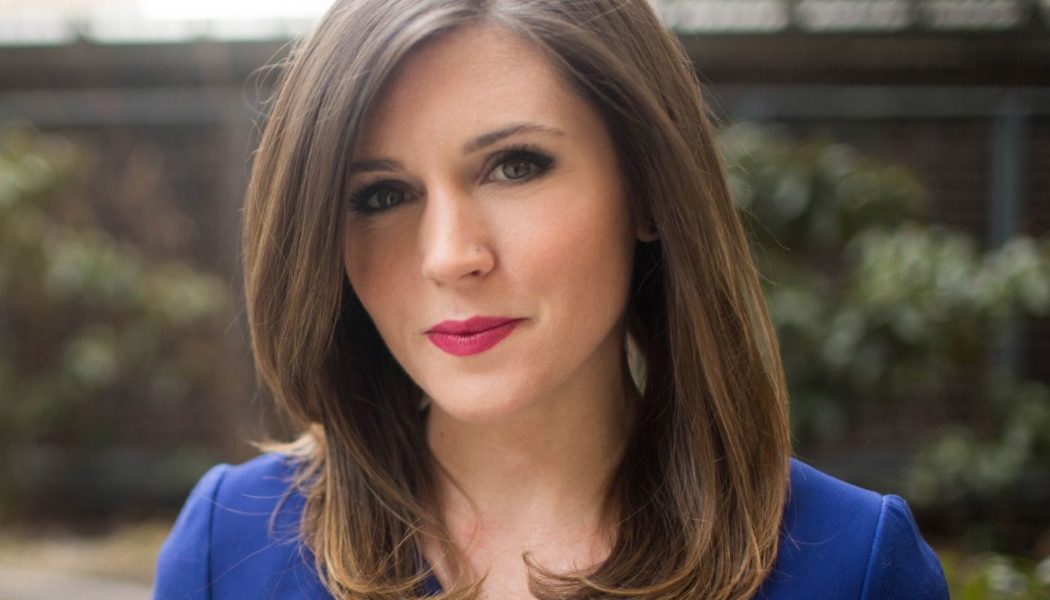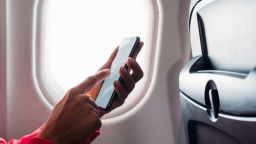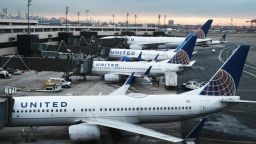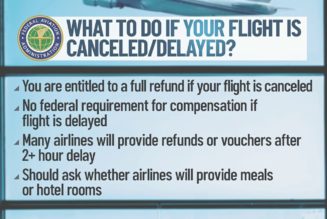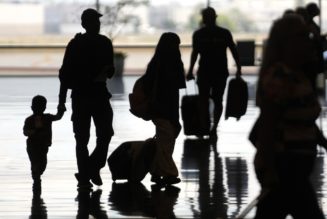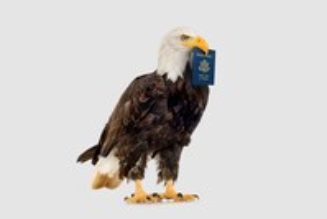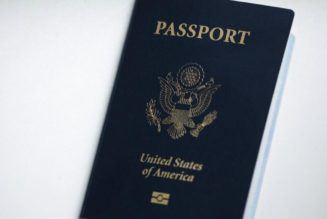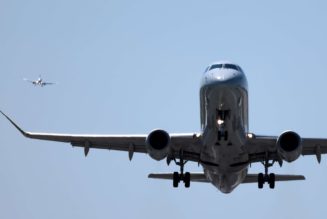Editor’s Note: Jill Filipovic is a journalist based in New York and author of the book “OK Boomer, Let’s Talk: How My Generation Got Left Behind.” Follow her on Twitter. The opinions expressed in this commentary are solely her own. View more opinion on CNN.
This past weekend, I had one of the most unusual experiences of my life: a day of air travel that was easy, sensible, efficient — dare I say pleasant. Passengers and airport staff alike were friendly and polite. The airplane seat offered enough room for both of my legs and both of my arms. We took off on time and landed early. My shoes stayed on the whole time I was at the airport.
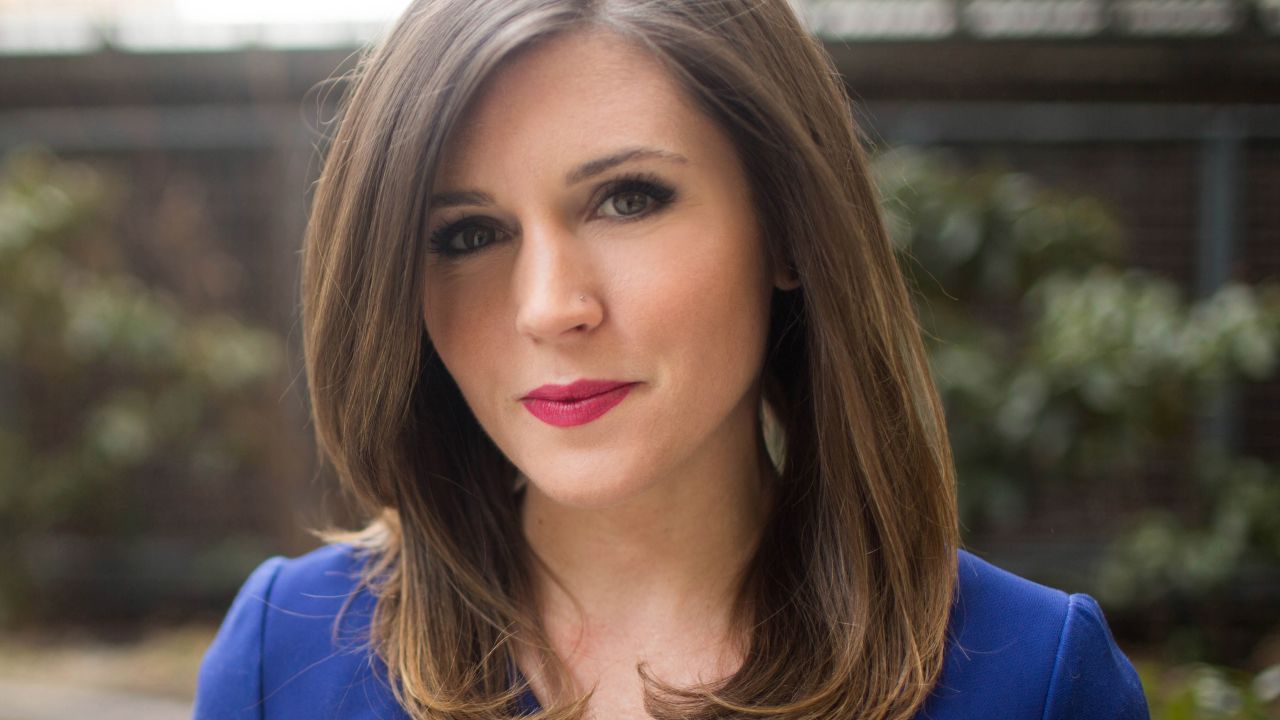
It was a reminder of what travel could be. It was also in Johannesburg, South Africa, not in the US, and happened under a particular set of circumstances — a domestic flight on the Saturday afternoon of a long holiday weekend when most travelers had already reached their destinations. I have no doubt that the Joburg airport, like every other major-city air hub, is not always an emblem of efficiency and warmth. But last Saturday, it was — which highlighted just how unpleasant and undignified air travel often is, particularly within the United States.
More than 20 years after Sept. 11, 2001, only passengers who pay for the privilege can avoid removing their shoes and laptops from their bags by submitting their personal information ahead of time and undergoing background checks. Admittedly, I do pay — I don’t want to wait in a long security line, walk my stocking feet through a metal detector and have to un- and re-pack the MacBook I’ve carefully crammed into my carry-on. But the existence of pay-to-play shorter-line security options like Clear and TSA Pre-Check make clear that it is indeed possible to pre-screen a critical mass of passengers to avoid the morass of cranky people trying to pull on their shoes while re-packing their electronics.
Passengers are likely arriving to the security checkpoint already stressed and annoyed, especially when they’ve made the mistake of trying to get their boarding pass from an actual human. There are often few airline staff to be found at the check-in desk, let alone at the automated kiosks (in our post-Covid era, try not to think about how many other people’s filthy fingers have touched those screens) that may or may not fully function. And then there’s the bag drop line — and that extra $30 per bag, if not more, for those who thought they were booking the cheapest ticket.
Still, you should be glad. After all, if you’ve dropped off your checked bag, it means your flight is still — in theory — taking off. Earlier this spring, I had the all-too-common experience of showing up for an ultra-early morning flight only to find it had been cancelled, with no text, email, phone call or other notification to let me know. I had been rebooked for the next day, but the airline wouldn’t cover a hotel or food, leaving me in the lurch. And I’m far from the only person who has been left high and dry by a flight cancellation. Last year, more than 2% of all flights in the US were cancelled, the highest number of any year in the past decade, excluding 2020 when Covid-19 started raging.
So, let’s say your flight is still scheduled and you’ve paid extra money to travel with a bag. You’d be mistaken to believe you’re in the clear.
We can skip over the gate area of the airport itself — universally overpriced food, astoundingly inefficient design, generally miserable — and go right to boarding, where airline policy routinely collides with bad passenger behavior. Boarding groups are a sharp reminder of just how low-status the airlines have deemed most travelers, and travelers seem to swiftly adapt to their new designation by crowding around the boarding gate like livestock jockeying to be first to the dinner trough — blocking those trying to board, slowing the whole system down.
But who can blame them when airplanes simply don’t have enough overhead bin space to accommodate all of the carry-on luggage that passengers now bring in order to avoid those extra baggage charges, not to mention the long waits at baggage claim? Once passengers actually set foot on the aircraft, they engage in a “Will it fit?” comedy of trying to stuff too-full bags into overhead bins.
The whole process is a nightmare, to say the least, and that’s if you’re simply traveling alone. Everything from check-in to the TSA line to the overpriced airport food is more painful with a kid (or kids) in tow. Including the airplane seats themselves: Parents routinely cram into these already-tiny seats with an infant, which frankly sounds worse to me than living in Shaq’s body for a day and flying coach.
Of course, anyone who is taller than 5’2” or over 120 pounds is likely not enjoying the friendly skies. I’m significantly smaller than the average American woman, and when I fly domestic my knees nearly hit the seat in front of me; my body width fills out most of the seat. How men who could bench-press me manage to fit into what are essentially pitched-forward children’s chairs is both a mystery and a testament to human fortitude.
The truth is that most American adults do not comfortably fit in airplane seats, and yet airlines continue to make the seats tiny and uncomfortable, forcing passengers to be humiliated — or to shell out more money just to get a few more centimeters of space.
Yes, airlines are struggling with staff shortages and lost revenue due to the pandemic. But air travel was bad well before the pandemic. Airlines also received billions in federal dollars to keep them afloat. And carriers are now returning to profitability, undercutting their rational for stripping away more and more of the basics that make travel tolerable, from food to luggage to reasonable lines.
There are some fairly straightforward solutions here. The first is government: stricter rules for airlines, coupled with easing the experience of security checks for all flyers. The government could pre-screen passengers without an extra fee, or — even better — revamp security measures and have clear communication available for passengers about why they’re necessary.
Get our free weekly newsletter
And the government could crack down on the worst airline excesses. It took intervention from the Biden administration to make airlines stop the unconscionable practice of charging parents to sit near their children. This was a good first step. But if flights are delayed or canceled, airlines should have to pay up. The government should also explore minimum standards for seat size and space to make sure that the average US citizen can fly safely and comfortably, even if it costs more to reconfigure planes and reduce seating.
I travel a decent amount for both work and pleasure, and because I am not super rich, the indignities of the process never fail to grate. But every once in a while, like this past weekend as I settled into my oversized South African Airways seat without having broken a sweat, I’ll see a little glimmer of what air travel could be.
